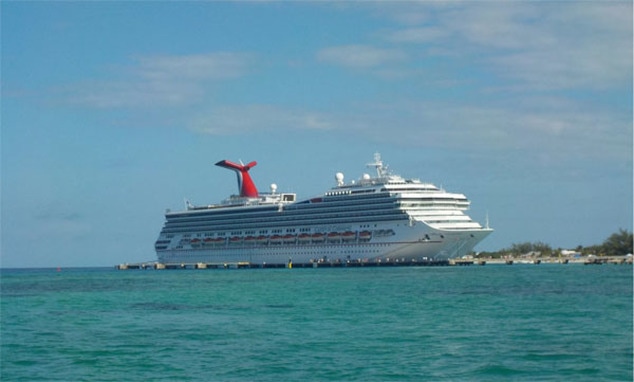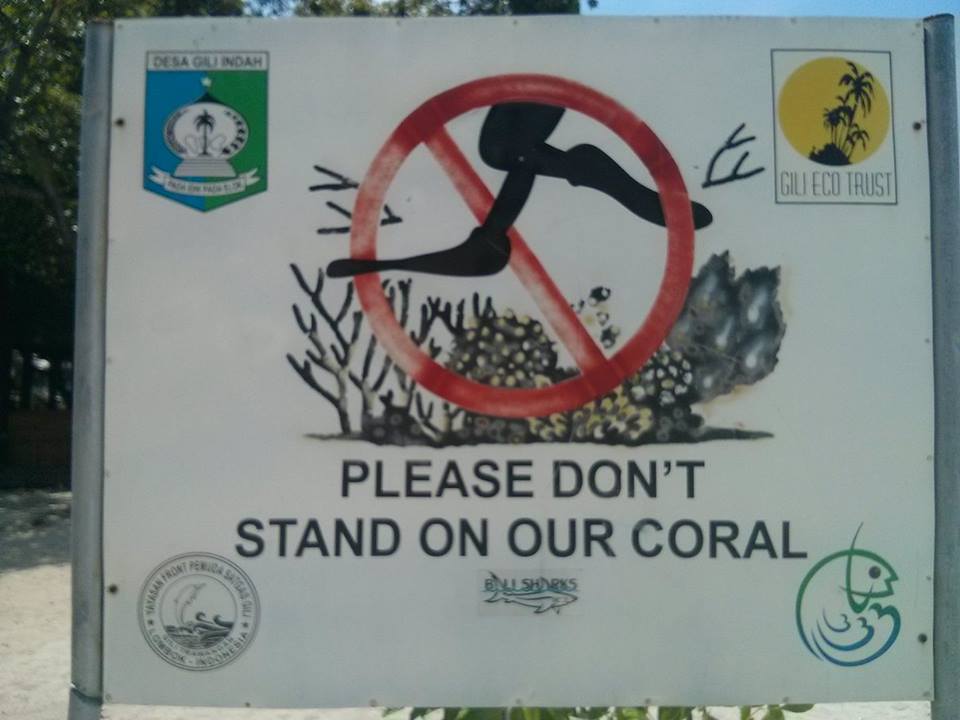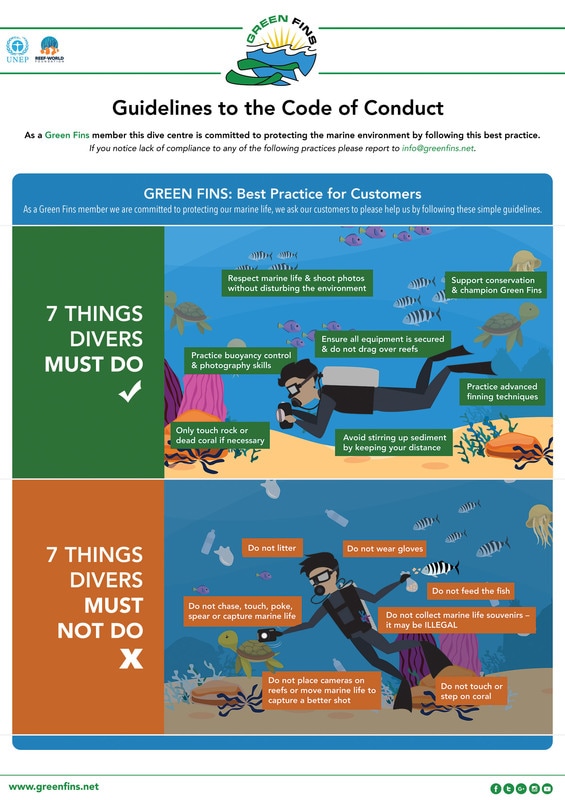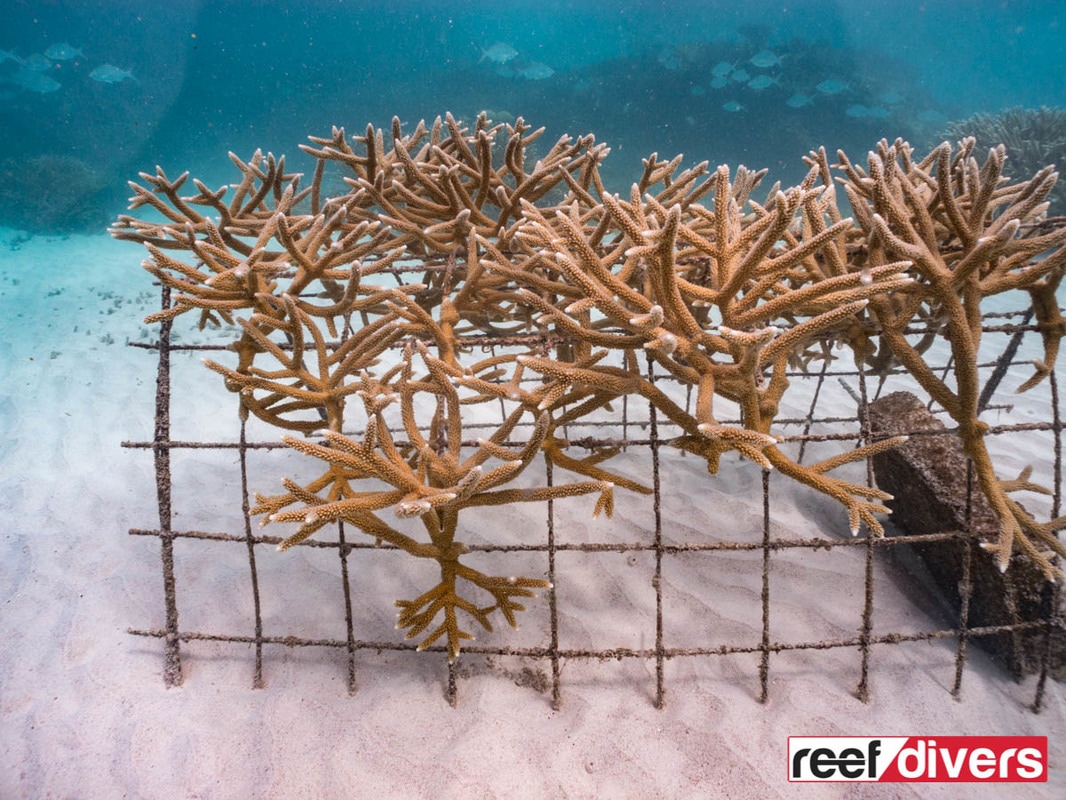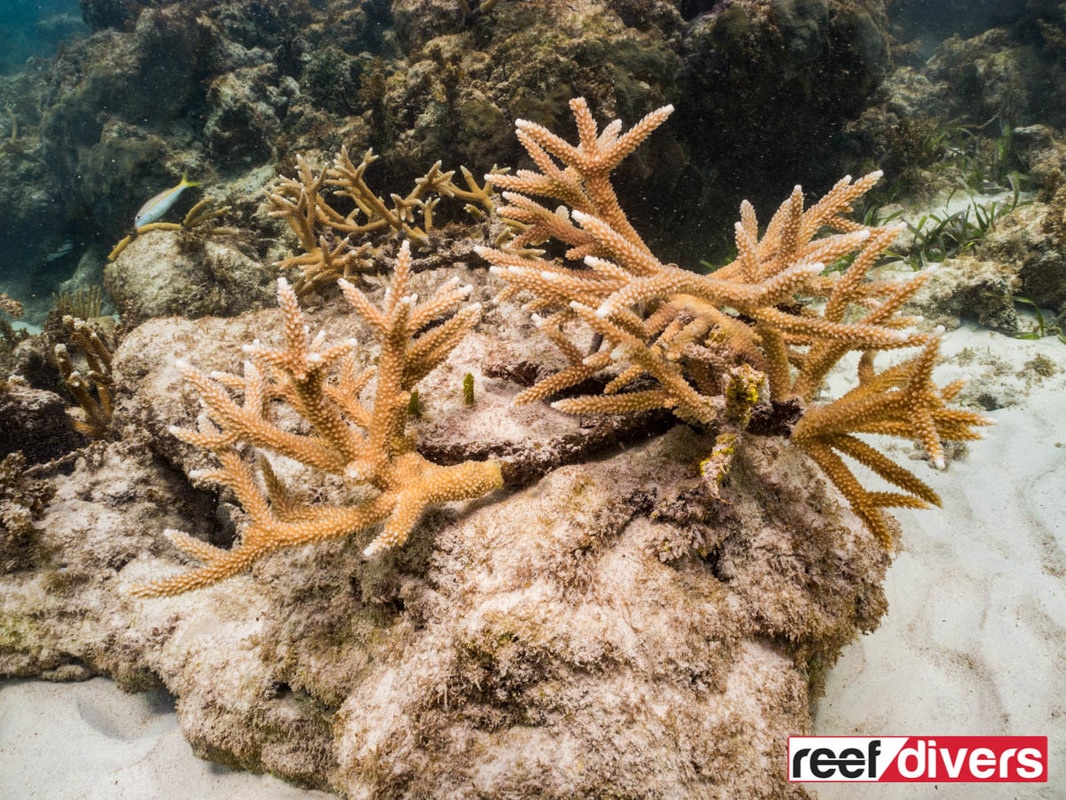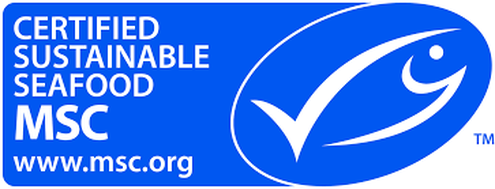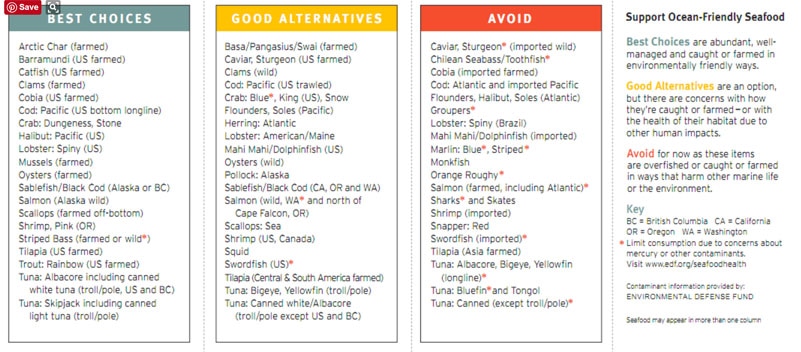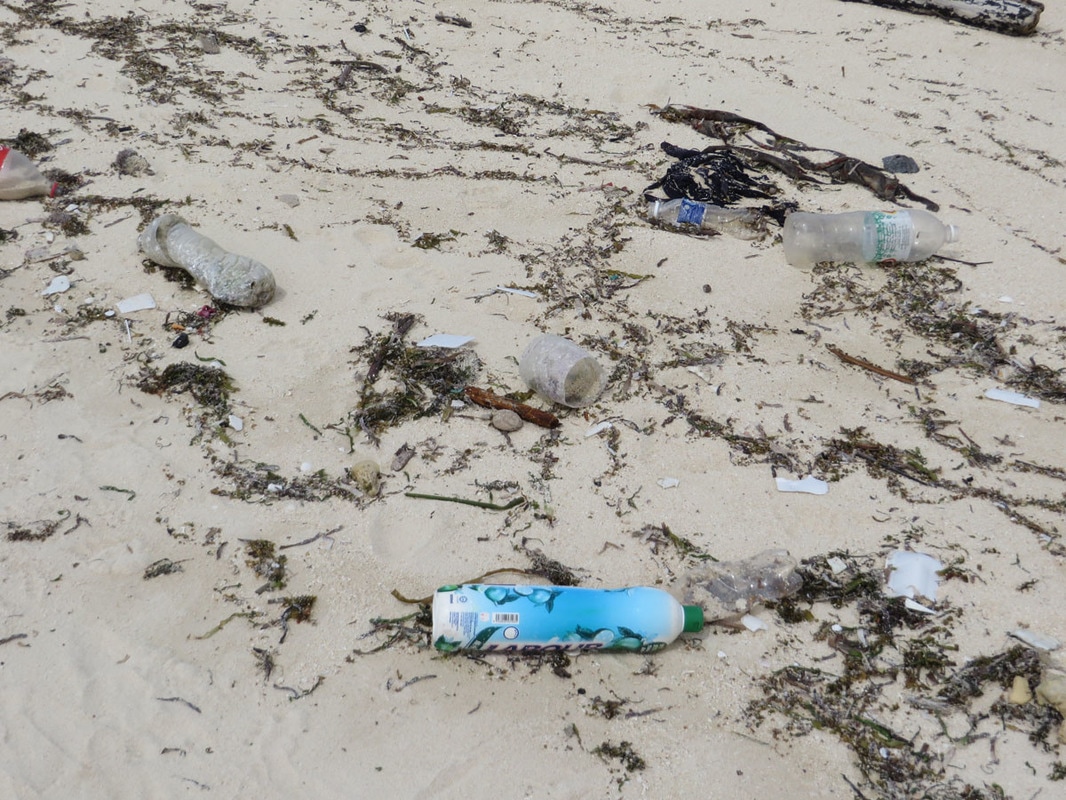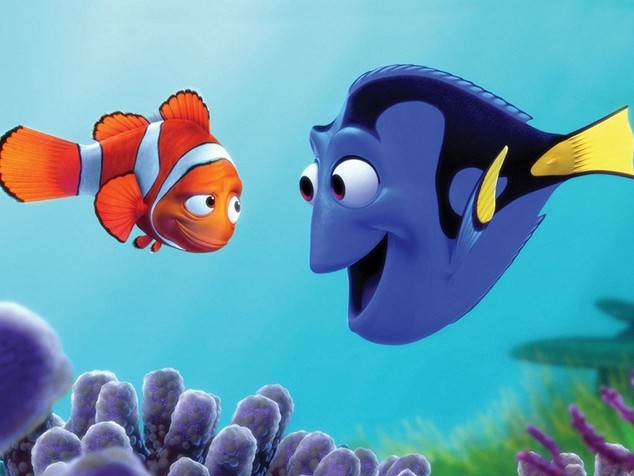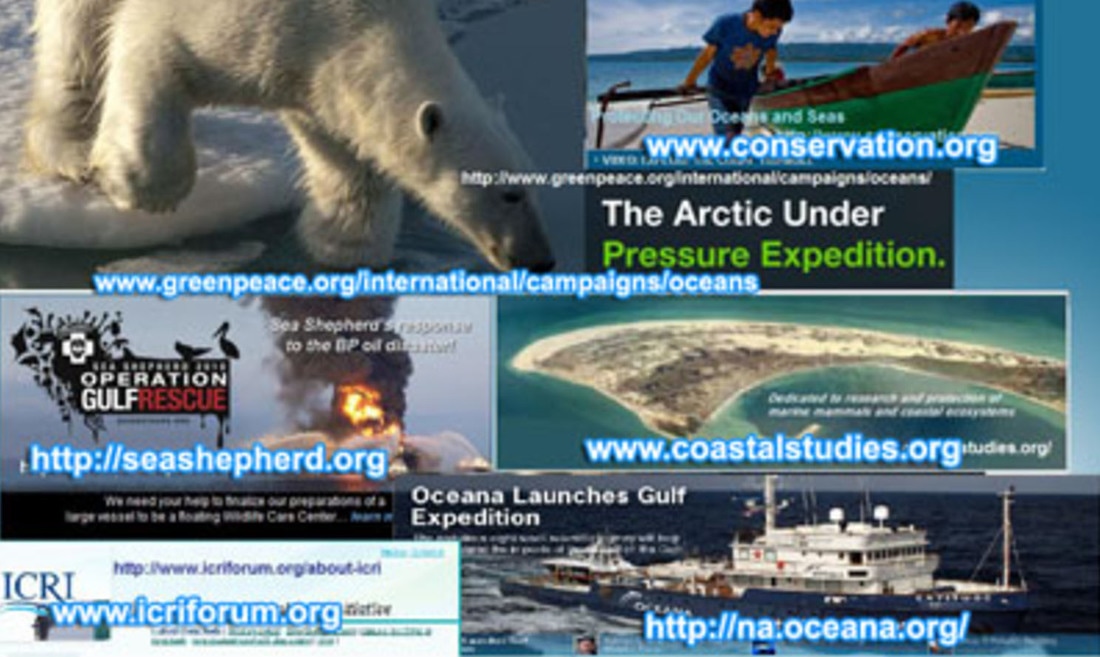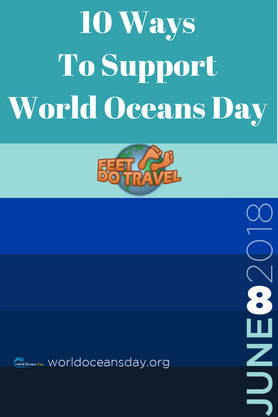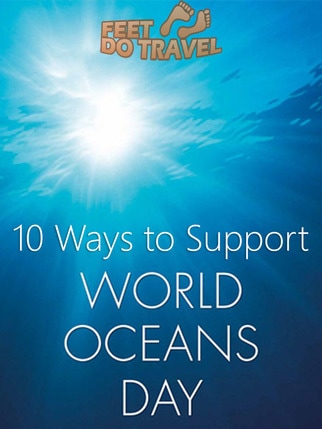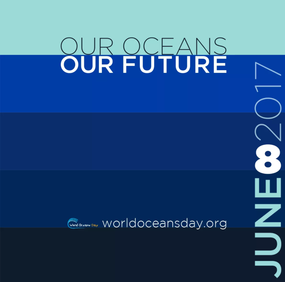
A healthy ocean means a healthy planet.
World Ocean’s Day is a global day of ocean celebration to honour, help protect and conserve the world’s Oceans. It’s a day to appreciate how valuable oceans are to the way we live our lives and to show the issues our oceans are facing so we can all do our bit to ensure its health.
Our Oceans, Our Future
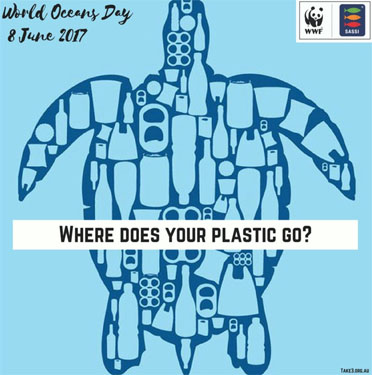
You may think “how can using less plastic help the oceans?” Plastics are easily blown into the ocean and contribute to habitat destruction, but they also entangle and kill tens of thousands of marine life each year.
Can you spend 40 seconds to quickly look at this clip taken by Kelly Turpin? She rescued a turtle who had become tangled in ocean rubbish, if wasn’t for her, the turtle would have died.
Refill your water bottle: A great way of re-using plastic, and it will save you money! When your bottle needs replacing, find a recycling bank to dispose of it. I have picked up more plastic bottles than any other type of rubbish on beach clean ups.
Say “no plastic” which includes straws and carrier bags. I have picked up far too many straws on beach cleans. If you are given a straw with a can, hand it back immediately and say “no plastic”. Look for places that offer alternatives to plastic; bamboo or paper straws are becoming more popular.
In Indonesia, a company named Avani sell plastic alternatives such as wooden cutlery, take-away containers, coffee cups, paper straws and ponchos!
Re-fill your plastic lighter. This is another item I have picked up on beach-cleans, many end up discarded on the sand. If you smoke, use a refillable lighter wherever possible. If you cannot buy one (maybe you are on an island that doesn’t sell them), please dispose of your lighter in a rubbish bin, don’t just throw it on the floor or leave them on a beach; I know they are easily misplaced and forgotten but this is how they end up in our oceans. Also dispose your cigarettes properly in an ashtray or bin, don’t bury them on the beach, throw them in the sea or drop them on the floor.
Carry a reusable bag with you. If offered a plastic bag in a shop, don’t think “I will use this as a bin liner” because you will undoubtedly end up with far, far more plastic bags than you will actually use, instead, always carry a reusable bag with you for use.
For the one time a plastic bag is used, it will hang around for so much longer and do far more damage.
Turning an old t-shirt into a carry bag without sewing, is that really possible? Yes it is! Find out how in this 68 second link
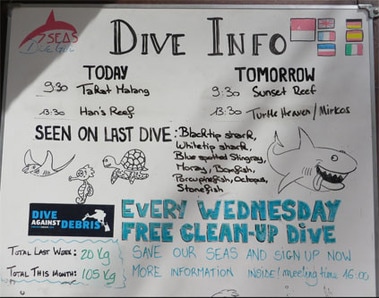
If you are a scuba diver and want to help our oceans stay clean, find out if a Dive Centre near you carries out weekly/monthly clean-up dives, alternatively, check out Dive Against Debris. You get to dive for free AND you would be helping the environment! Win-win! 7-Seas on Gili Air collected 20kg of rubbish in one week and 105kg in one month!
These are not the only concerns one will face when experiencing a cruise. If you have a balcony room or are on one of the decks, be mindful of things that may blow overboard. This can range from a swimsuit you’ve put out to dry to the straw that comes with your drink. These items pose a huge risk when they are not properly contained by causing increased rubbish in the open seas, much of which marine life will come into contact with. Be mindful of your activities while on a cruise and you can help reduce negative impacts to our amazing oceans!
If you would like to cruise in a more sustainable way, read 10 Ideas For More Sustainable Cruise Travel.
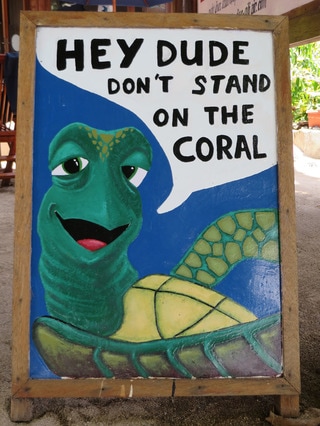
Did you know that a coral reef is made up of hundreds of tiny animals called coral polyps? These polyps form a coral colony which have a symbiotic relationship with algae that live within the coral. Through photosynthesis, algae provide the coral with nutrients and it is these algae that give coral their colour. Beautiful blues, purples, pinks and reds can be seen, but they also come in many shades of browns which some people mistake for being dead coral. Dead coral is stark white.
I have seen many people on snorkel tours in Indonesia, Thailand, Cambodia and Vietnam standing on coral. In fact, they appeared to spend more time standing on it than looking at it. Sadly, I have never heard tourists being instructed not to stand on the coral, apart from in Vietnam, unfortunately even then the advice went unheeded.
In short, throughout the world many beautiful coral ecosystems are dying. Many areas in Thailand have now been closed to snorkelers and divers due to the damage that has been inflicted upon these fragile ecosystems.
So what can you do?
Please don’t stand on the coral… it does kill it!
4. Choose a good snorkel or scuba diving company … one that doesn’t feed fish
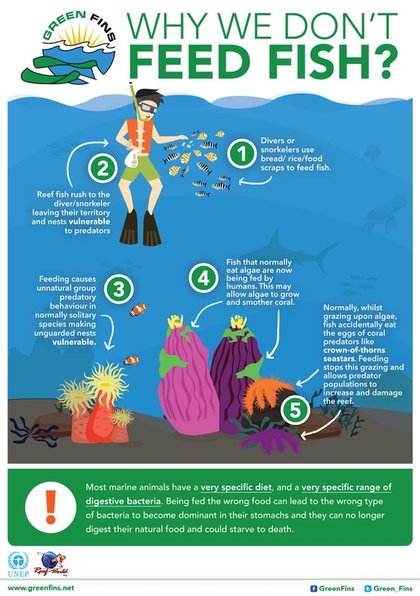
Not all snorkelling and dive centres care about the ocean and drop anchor on coral (companies in Hurghada, Egypt are a classic example), they will also actively encourage customers to kneel on coral for photos or feed fish and other marine life to draw it towards you.
Shockingly, on a snorkelling trip, I have seen them hit a puffer fish to show how it puffs up and I have heard them say it’s OK to hold a starfish out of water (just to be clear, no it's not OK to do any of this). Not all snorkelers or divers will know this is wrong because the dive centre has endorsed it!
5. How you can be a responsible Scuba Diver
Contribution by Simon Briggs from Feet Do Travel
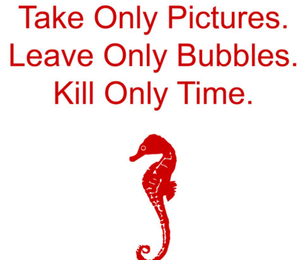
The phase “Take only pictures, leave only bubbles, kill only time” is a one we should live (and dive) by.
So as divers, what can we do to help?
Most importantly, if we maintain good buoyancy, we will reduce our environmental impact. By maintaining neutral buoyancy, we won’t need to touch coral for stability, kick up sediment whilst swimming which disturbs sand-dwelling fish or kneel on the seabed when watching mantas or other marine life. If you have any problems or questions about buoyancy, ask a good Divemaster for help, they will take you through a weight check and teach you good buoyancy techniques, maybe even recommend the Peak Performance Buoyancy Adventure dive to help you further.
We also need to think about our actions. I always go by the phrase “If your action changes the natural behaviour of the animal, then you should not carry out that action”. So if you wave your arm to make a creature move, you have interfered with it and you shouldn’t have.
If we ruin the environment we snorkel or dive in, not only will we be destroying ecosystems, but everyone will suffer as we won’t be able to dive there anymore.
If you want to ensure the company you are using cares, look at the Green Fins website which only promotes dive centres that adhere to 15 internationally recognised environmental practices known as the “Code of Conduct” such as not wearing gloves (as this encourages people to touch animals or hold onto coral). If you want to be a responsible diver, please follow the guide for best diving practice.
Education is key; we need to continue learning about the environment and help educate others, after all, not everyone knows everything and we can all learn from one another.
6. Coral Restoration Projects
Contribution by Nicole Helgason of Reef Divers
Coral reef colonies are formed by tiny animals called polyps which bud and divide and build hard calcium carbonate skeletons. Hundreds of polyps together form a coral colony which we identify as coral reefs.
Corals are unique animals in that they can reproduce both sexual and asexually through fragmentation. This means if a single branch of coral is broken from a mother colony, the polyps will continue to divide and the fragment will continue to grow into a larger colony.
In 2006 I saw my first coral restoration project and instantly fell in love. As an avid gardener I was obsessed with the idea that you could grow corals underwater just like a garden on land.
Coral restoration takes advantage of a corals’ ability to reproduce asexually by collecting orphaned coral fragments found on the sea floor, or by cutting larger branches into smaller fragments. These fragments are then carefully transferred to a protected nursery either in the ocean or on land, and the small fragments are left to grow for a year or longer.
In the Caribbean, coral restoration focuses on two main corals, Staghorn (Acropora cervicornis) and Elkhorn (Acropora palmata). Acropora corals are relatively fast growing and a 3 inch fragment of Caribbean staghorn coral can double in size in less than a year.
Underwater coral restoration nurseries can sometimes consist of different metal and rope frames for growing coral fragments. Broken coral collected from the seabed are attached to these frames using cable ties. The coral tissue begins encrusting along the frame then new branches grow upwards and outwards towards the sun.
As you can see, it’s not all doom and gloom with regard to coral reefs. Yes there is a huge problem with people touching or standing on coral and boat anchors dragging across then, but if more countries start their own coral nurseries, there is some hope for our oceans.
You can help by supporting one of these worldwide projects in any way!
7. Eat only sustainably resourced fish
So, as a fish eater, what can you do to help?
• Where is the fish from?
• Is it farm-raised or wild?
• How was it farmed or caught?
Buy low on the food chain: Large predators like blue fin tuna (whose population has declined by 90%) and swordfish are critical to maintain the balance of the food chain, yet many of these species are at risk of commercial extinction from overfishing. You can help by buying low food chain fish such as sardines, anchovies, and shellfish.
Diversify your palate: Tuna, salmon, and shrimp are the three most widely consumed seafood species, but finding sustainable sources for these species isn’t enough, say conservationists. Eating lesser known species like wreck fish, wahoo, or mackerel, can ease pressure on more popular species whilst expanding your palate.
8. Help keep beaches clean; but never remove shells or dead coral
Beach clean-ups are a fantastic way of doing your bit to look after the beach and for discovering which rubbish is a particular problem in an area. If you are on a beach holiday and want to do your bit, go to your nearest scuba diving centre (they tend to be the outlets which regularly carry out beach cleans), ask if they carry out weekly-beach clean ups and when they are next doing one. You only need to give 30 minutes of your time and it will make a huge difference!
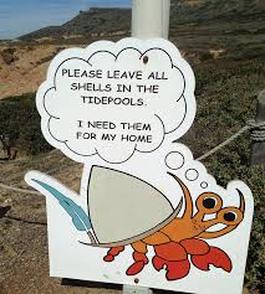
So remember “take only photographs, leave only footprints”.
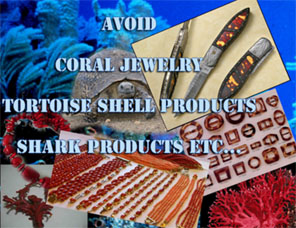
NEVER BUY SHARK PRODUCTS. Sharks suffer horrible torture for their products and they play such an important part to the ocean’s food chain.
If you have an aquarium, did you know that some of these fish cannot breed in captivity and can only be caught from the ocean which depletes their numbers? A “Dory fish” (Palette Surgeonfish) is a classic example as are Racoon Butterflies which are used to eat anemones. Did you also know that some fishermen use cyanide (yes the poison!) to cheaply stun hundreds of species of ornamental fish which they bag and sell to the aquarium trade? Needless to say, this is incredibly destructive to coral and other reef inhabitants, it often kills some fish instantly upon impact and sometimes fisherman break apart living coral to collect fish hiding within.
Solution: Now you know the statistics, please consider buying fish that have been bred in captivity (which will not include a Dory), and if you are thinking of buying a new aquarium, please also purchase in this sustainable way. For ethical aquarium ownership, have a read of this article. In the meantime, a product for the future is currently being developed; a handheld cyanide testing machine, but until then, there is no way of knowing how your fish are collected unless you know they are bred in captivity.
.... and finally, support organisations working to protect our oceans
If you like this post, please share & Pin it

